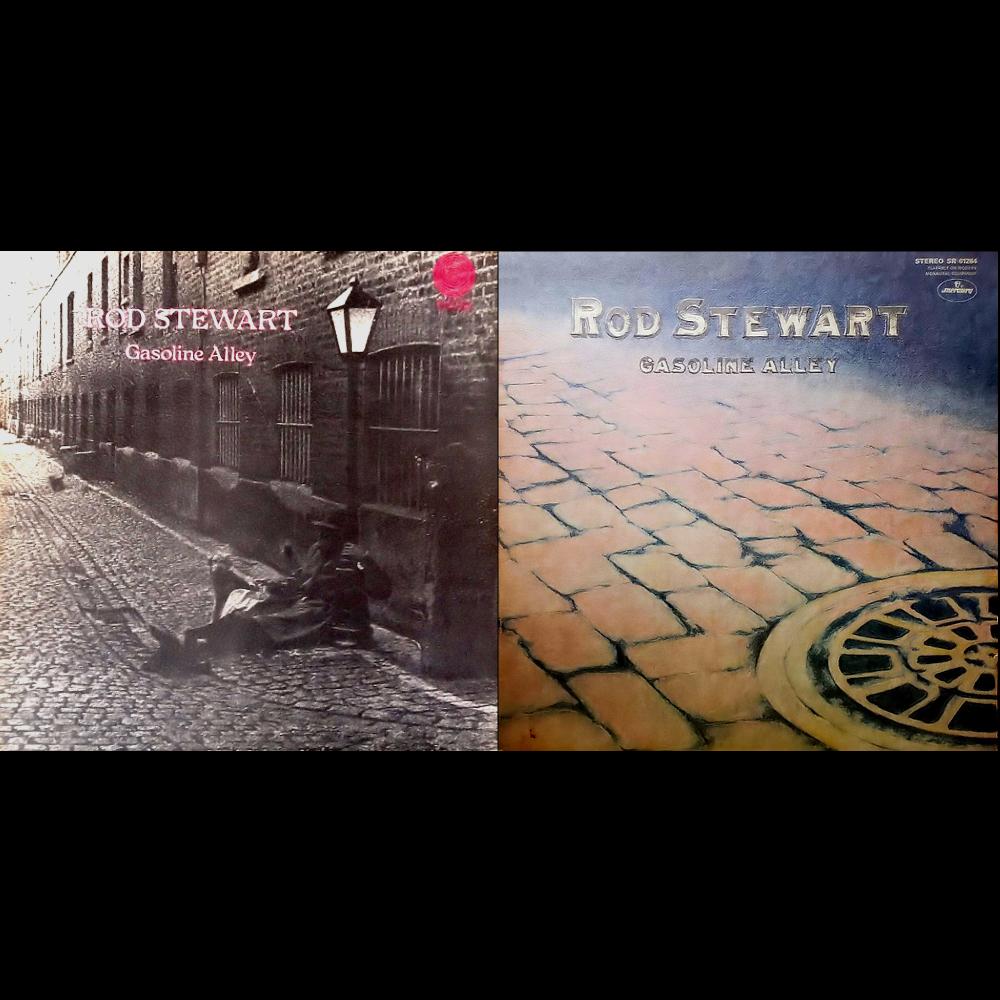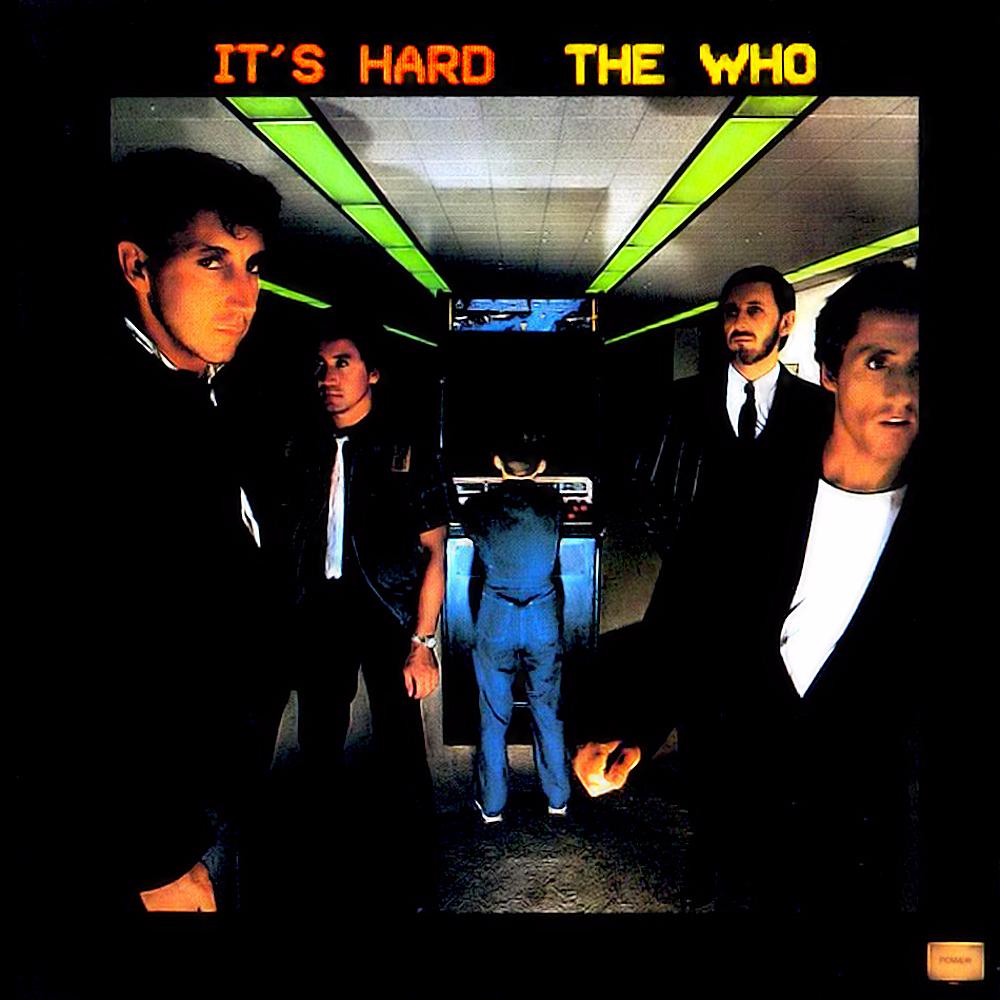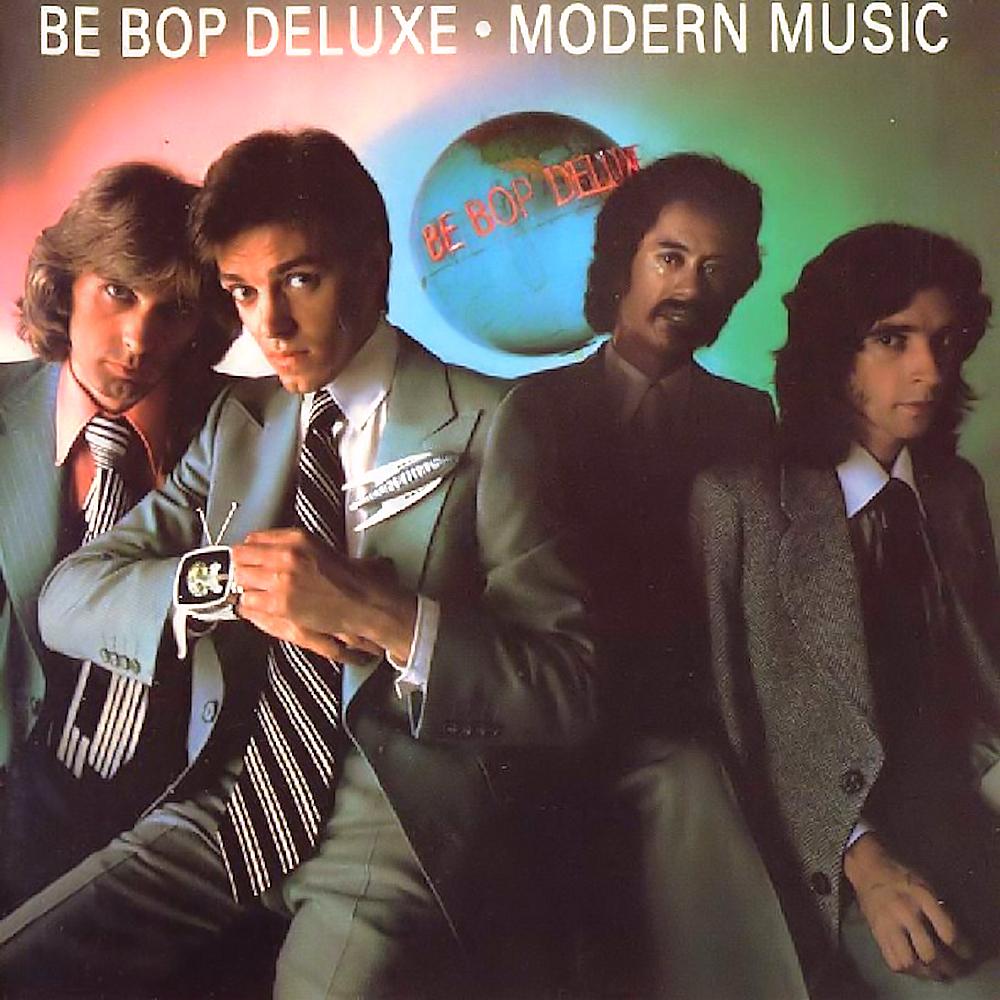
Album Information:
Album ID: 9894
About Talking Heads:
Talking Heads was an American rock band formed in New York City in 1975. The band members included David Byrne on lead vocals and guitar, Chris Frantz on drums, Tina Weymouth on bass, and Jerry Harrison on keyboards and guitar. The band's music was a unique blend of art rock, funk, world music, and new wave. Their music was characterized by Byrne's distinctive vocals, Weymouth's funky bass lines, and Harrison's use of synthesizers.
Talking Heads' early music was heavily influenced by punk rock, but their sound soon evolved into something more complex and eclectic. Their debut album, Talking Heads: 77, featured the hit single 'Psycho Killer' and established the band as one of the most innovative and exciting acts of the new wave era. Over the course of their career, the band released several critically acclaimed albums including More Songs About Buildings and Food, Remain in Light, and Speaking in Tongues.
The band's live performances were legendary, with Byrne's quirky stage presence and Weymouth's funky bass playing being particular highlights. The band's music was also used extensively in films, including Jonathan Demme's Stop Making Sense, which is widely regarded as one of the greatest concert films of all time.
Although the band broke up in 1991, their influence can still be heard in many contemporary artists. Talking Heads were inducted into the Rock and Roll Hall of Fame in 2002, and their music continues to be celebrated by music fans all over the world.
About the album Talking Heads 77:
Talking Heads 77 is the debut album from the American rock band Talking Heads, released in 1977. The album is renowned for its unique blend of art punk, funk, and world music, as well as frontman David Byrne's distinctive, cerebral lyricism.
The album kicks off with 'Uh-Oh, Love Comes to Town,' a cheerful, uptempo track showcasing the group's tight, rhythmic guitar work and Byrne's vocals, which range from smooth crooning to jagged yelps. 'New Feeling' follows, a brief, frenetic track that sets the tone for the album's angular, tightly-wound sound.
Another standout track is 'Psycho Killer,' arguably the band's most famous song. Built around a sinister bassline, Byrne's whispered lyrics, and jarring bursts of guitar, the track is a fascinating exploration of a damaged mind. 'Don't Worry About the Government' is a jangly, upbeat pop song that showcases Byrne's sardonic wit and observational skills, while 'Pulled Up' is a quick burst of frenetic energy that demonstrates the band's skill with rapid-fire, off-kilter melodies.
Throughout the album, the band's rhythm section, comprised of bassist Tina Weymouth and drummer Chris Frantz, provides an unshakeable foundation for the group's quirky, idiosyncratic sound, while Byrne's lyrics veer from the mundane to the deeply existential. 'Happy Day' is a bouncy, cheerful song that initially seems content in its simplicity, but gradually reveals darker undercurrents as Byrne sings about the impermanence of happiness and the inevitable arrival of death.
Ultimately, Talking Heads 77 is a compelling debut from one of the most innovative and influential bands of the late 1970s and beyond. Its sound and style were unique and their musical idiosyncrasy and wit created a new template for art-rock.
Members:
Talking Heads was a unique and influential American rock band formed in New York City in 1975. The band comprised of four key members, each with their own unique talents and contributions. Here are the biographies of the key members of Talking Heads:
1. David Byrne (lead vocals, guitar, keyboards): Born in Scotland in 1952, David Byrne moved to the United States at a young age and grew up in Maryland. He attended Rhode Island School of Design and eventually moved to New York City where he met bandmates Chris Frantz and Tina Weymouth. Byrne was the lead vocalist and primary songwriter for Talking Heads, and his style was characterized by his distinctive high-pitched voice and surreal, intellectual lyrics. He also played guitar, keyboards, and other instruments. Beyond Talking Heads, Byrne has enjoyed a successful solo career, as well as forays into film, performance art, and other media.
2. Chris Frantz (drums, percussion): Born in Kentucky in 1951, Chris Frantz moved to Pittsburgh before eventually attending the Rhode Island School of Design where he met David Byrne. Frantz became the drummer and backup vocalist for Talking Heads. Along with his wife (and fellow bandmate) Tina Weymouth, Frantz also founded the Tom Tom Club, a side project that explored funk and world music influences. He continues to make music today, both on his own and with various collaborators.
3. Tina Weymouth (bass guitar, keyboards): Born in California in 1950, Tina Weymouth attended the Rhode Island School of Design with Chris Frantz, and the two would eventually marry. Weymouth played bass guitar for Talking Heads and was known for her melodic, precise playing that often incorporated world music influences. She also played keyboards and provided backing vocals. As mentioned, Weymouth and Frantz founded the Tom Tom Club and enjoyed success in the 1980s with hits like 'Genius of Love.'
4. Jerry Harrison (keyboards, guitar): Born in Wisconsin in 1949, Jerry Harrison began his career in music as a member of the influential band The Modern Lovers. He joined Talking Heads in the late 1970s and played keyboards and guitar for the band. He also contributed songwriting and production work, particularly on the band's later albums. After the breakup of Talking Heads in the 1990s, Harrison continued to make music and produce records for other artists.
Track List for Talking Heads 77:
Sure! Here are all the tracks on the album Talking Heads 77 by Talking Heads, listed in order with their play time and a description of each:
1. Uh-Oh, Love Comes to Town (2:51) - A lively and upbeat track that sets the tone for the album, with David Byrne's distinctive vocals and Chris Frantz's driving drumbeat.
2. New Feeling (3:09) - Another catchy and energetic song, featuring Byrne's playful lyrics and Tina Weymouth's funky bassline.
3. Tentative Decisions (3:04) - A more laid-back track with a jangly guitar riff and Byrne's wry observations on indecision.
4. Happy Day (3:55) - A slower, dreamy song with a haunting melody and introspective lyrics.
5. Who Is It? (4:58) - One of the album's longer tracks, with a slower tempo and a more subdued mood. Byrne's vocals are more soulful here, and the song features some lovely harmonies.
6. No Compassion (4:47) - A darker and more intense track, with Byrne's lyrics expressing anger and frustration. The guitar work on this track is particularly impressive.
7. The Book I Read (4:08) - One of the album's catchiest songs, with an infectious beat and Byrne's vivid storytelling lyrics.
8. Don't Worry About the Government (3:02) - Arguably the album's most iconic track, with Byrne's whimsical observations on bureaucracy and Weymouth's bouncy bassline.
9. First Week/Last Week... Carefree (3:21) - A more experimental and atmospheric track, with Byrne's vocals floating over a sparse, hypnotic instrumental backing.
10. Psycho Killer (4:21) - Perhaps the Talking Heads' most famous song, with a propulsive rhythm and Byrne's unforgettable lyrics about a psychotic murderer.
11. Pulled Up (4:30) - A high-energy track with a punk rock edge, driven by Weymouth's bassline. Byrne's vocals are at their most urgent and intense here.
Overall, Talking Heads 77 is a landmark album that showcases the band's unique blend of art rock, punk, and funk. Each track is a masterclass in songwriting and musicianship, with Byrne's quirky lyrics and distinctive vocals front and center.
Discography for Talking Heads:
Sure! Here's the complete Talking Heads discography in chronological order, including all albums, singles, EPs, and live releases:
Albums:
1. Talking Heads: 77 - September 16, 1977
2. More Songs About Buildings and Food - July 14, 1978
3. Fear of Music - August 3, 1979
4. Remain in Light - October 8, 1980
5. The Name of This Band Is Talking Heads (live album) - March 1982
6. Speaking in Tongues - June 1, 1983
7. Stop Making Sense (live album) - July 10, 1984
8. Little Creatures - June 10, 1985
9. True Stories - October 7, 1986
10. Naked - April 15, 1988
Singles:
1. 'Love → Building on Fire' b/w 'New Feeling' - February 1978
2. 'Uh-Oh, Love Comes to Town' b/w 'Love → Building on Fire' - July 1978
3. 'Take Me to the River' b/w 'Thank You for Sending Me an Angel' - January 1979
4. 'Life During Wartime' b/w 'I Zimbra' - August 1979
5. 'Once in a Lifetime' b/w 'Seen and Not Seen' - February 1981
6. 'Houses in Motion' b/w 'Air' - October 1981
7. 'This Must Be the Place (Naive Melody)' b/w 'I Zimbra (Live)' - March 1984
8. 'Burning Down the House' b/w 'I Get Wild/Wild Gravity' - July 1983
9. 'Slippery People' b/w 'Making Flippy Floppy' - June 1984
10. 'Road to Nowhere' b/w 'Television Man' - October 1985
Other Releases:
1. 'Psycho Killer' (Single Version) b/w 'Just a '77' (Non-LP track) - December 1977
2. 'Love Goes to Building on Fire' (from The Best of Talking Heads compilation) - August 1982
3. 'Stop Making Sense' / 'Girlfriend Is Better' (Live) (from Stop Making Sense compilation) - July 1984
4. 'And She Was' (Extended Version)/ 'And She Was' (Album Version)/ 'Perfect World' (Live Version)/ 'Psycho Killer' (Live Version) (12' EP) - August 1985
5. 'Wild Wild Life' (Extended Mix)/ 'People Like Us' (Live)/ 'Wild Wild Life' (Live)/ 'Love for Sale' (12' EP) - August 1986
Hope this helps! Let me know if you need anything else.


 Last Played: 11/01/24 04:28 AM
Last Played: 11/01/24 04:28 AM Last Played: 11/01/24 04:19 AM
Last Played: 11/01/24 04:19 AM